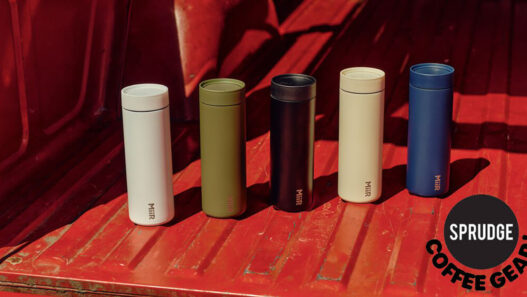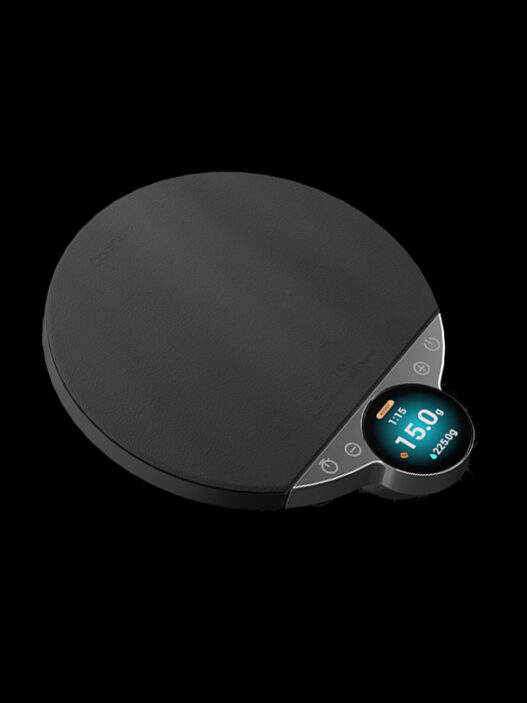When reporting on any new scientific study about the benefits of drinking coffee, one question always comes up: what constitutes “one cup of coffee?” The studies will normally cite the number of cups associated with a particular effect, but never the size of the cup. Is it six ounces? 10? 12? Does a ristretto espresso count? Who knows. One cafe in Korea has proffered a guess, at a slim 4,000 gallons.
Ok so maybe Caffé Bene, the South Korean-based coffee chain in question, didn’t say that exactly, but according to Mashed, they are nonetheless the record holder for World’s Largest Coffee Cup. The cup, which measures a staggering 11 feet tall and nine feet wide, can be found at the Caffé Bene location in Yangju, a city just north of Seoul.
And the 4,000-gallon volume of the cup isn’t theoretical, either. The big ole mug has actually been filled, though unfortunately not with one of those giant roadside coffee pot buildings, but with vat after vat after vat of iced coffee. There’s even a video online of the event from back in 2014, where the coffee company had to use a forklift to get all the coffee high enough to dump it into the logo diner mug to end all logo diner mugs, earning them the title of World’s Largest Coffee Mug as officially recognized by the Guinness Book of World Records.
This also raises a metaphysical question of what, exactly, is a cup of coffee. It would seem that any ole concavity holding some java doesn’t quite pass muster. Otherwise, the coffee spas in Japan would presumably be vying for the title of World’s Largest. There must be some essential “cupness” or “coffeability” that delineates the Caffe Bene mug as existing in a discrete category from the coffee pools. Maybe it’s the handle? But then that means many of those fancy ceramics wouldn’t qualify. It’s complicated. I’ll leave it up to the next great Sprocrates to figure out.
So again I ask you, Science, how big is a cup of coffee? When the variance was between one and 12 ounces, it didn’t seem like that big of an oversight. But now, with the economy-sized 4,000 gallons as an option, I hope that future research papers can offer a little clarity on what exactly they mean.
Zac Cadwalader is the managing editor at Sprudge Media Network and a staff writer based in Dallas. Read more Zac Cadwalader on Sprudge.

























